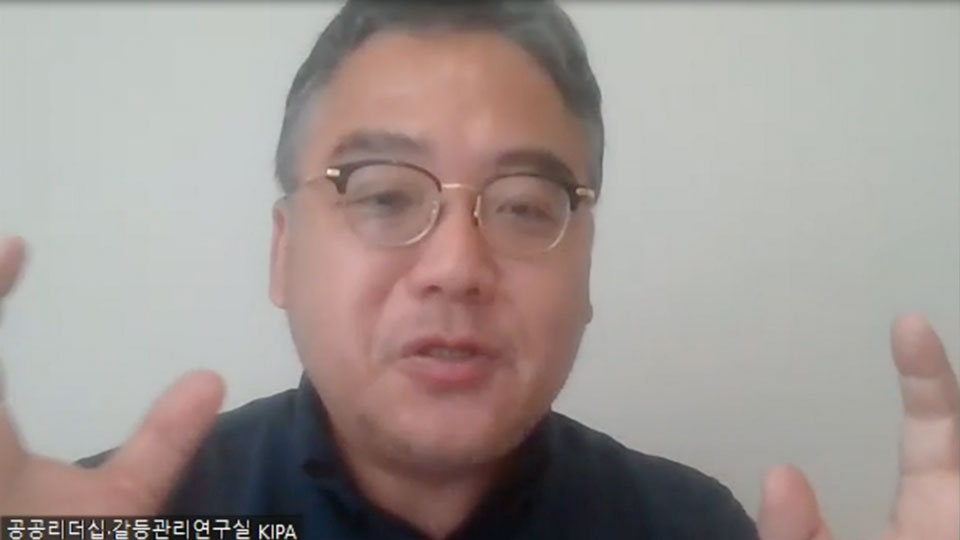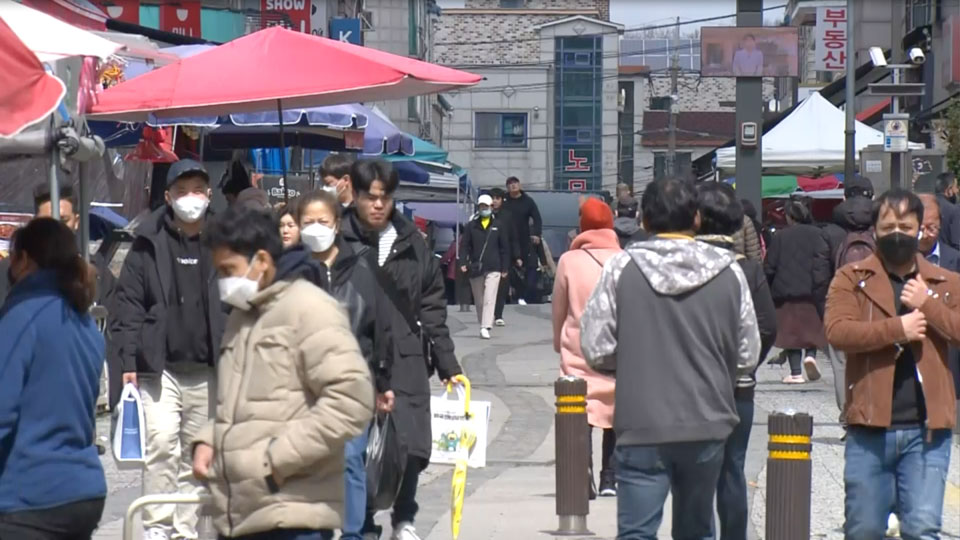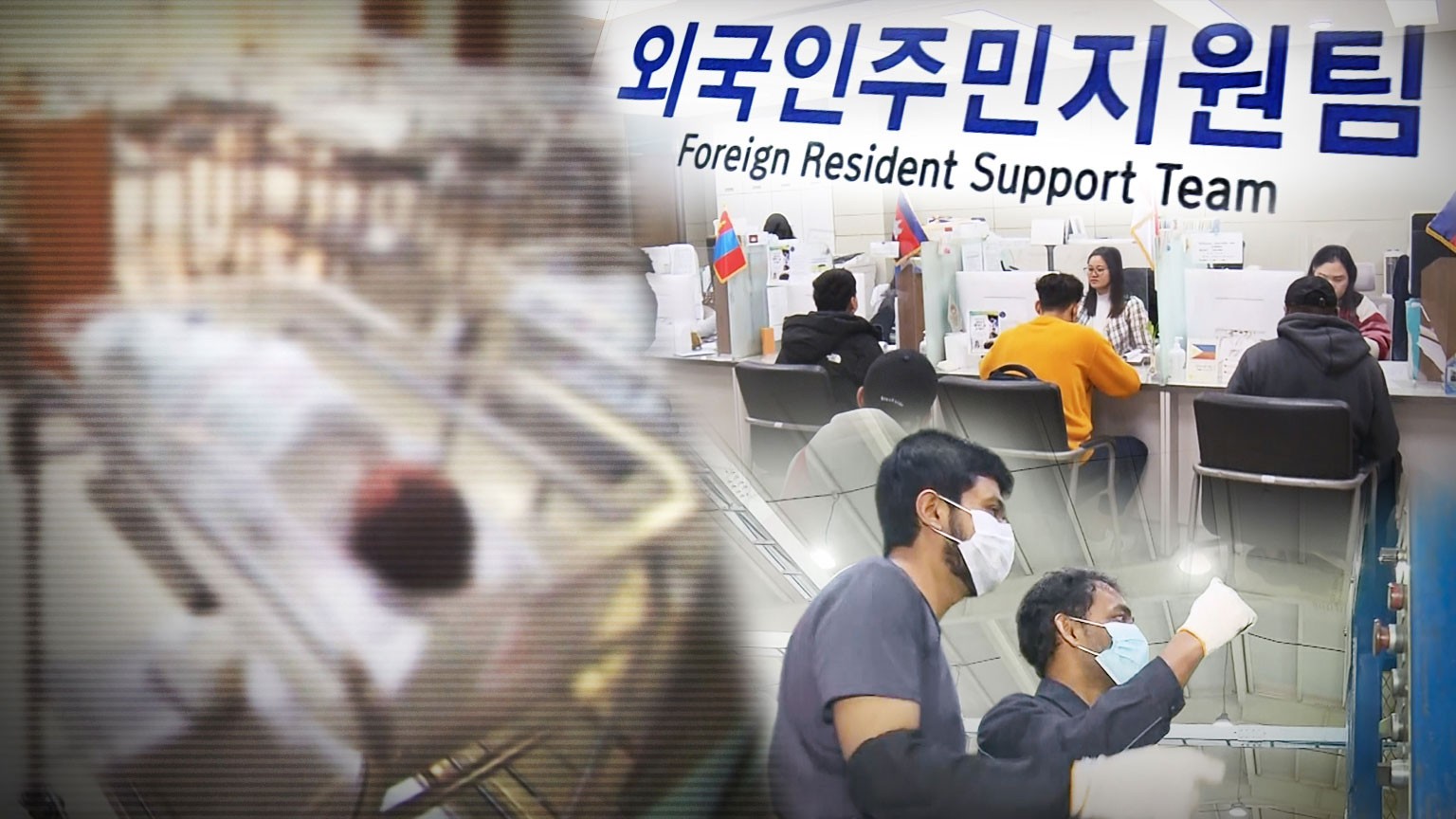Ultralow birthrate
The birth rate in South Korea was 0.72 last year, the lowest on record. It has fallen for eight consecutive years and is the lowest among OECD member countries. If the rate continues at between 0.6 and 0.8, estimates project a population decline of more than 40 percent within the coming half-century.
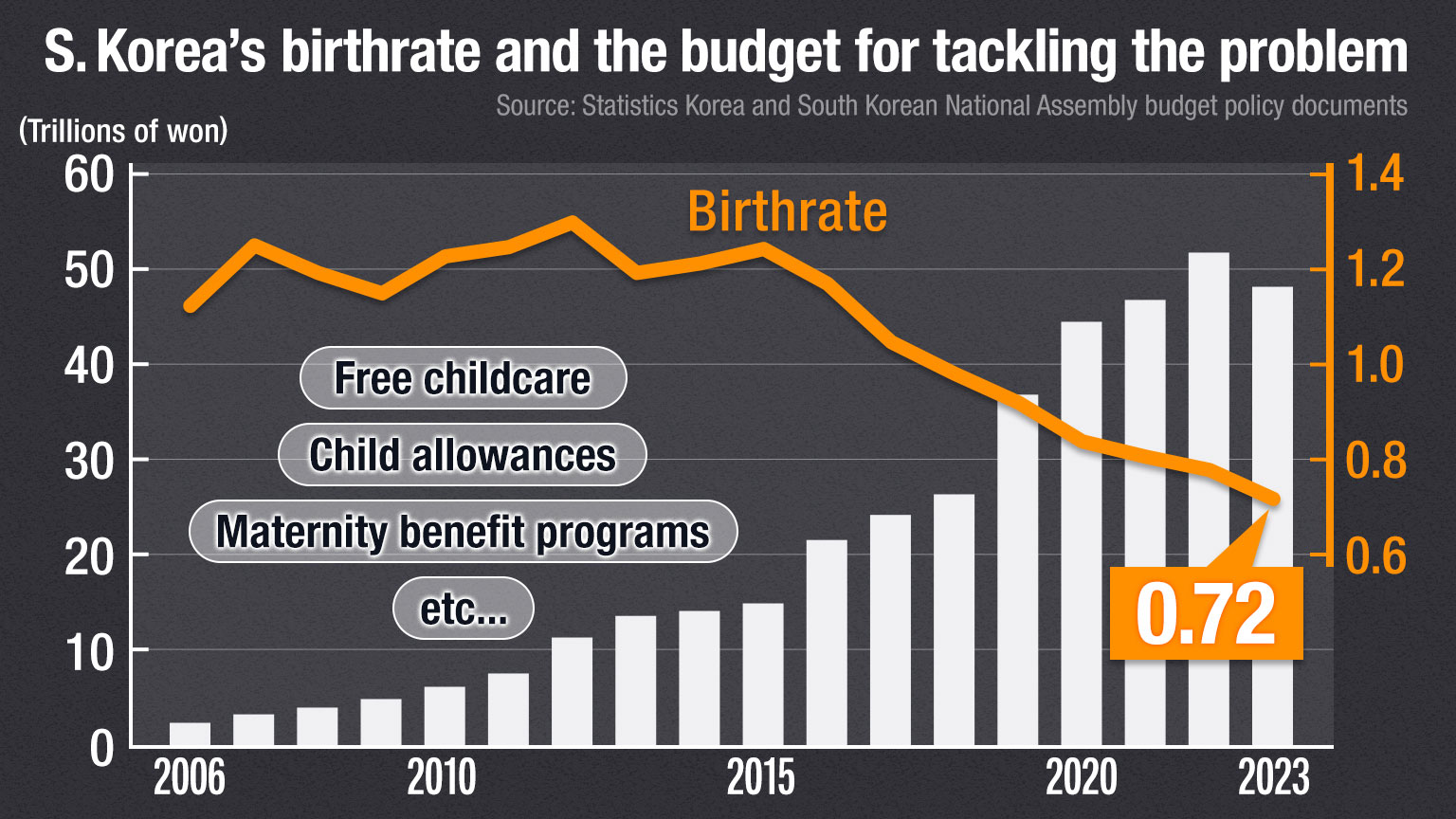
Since enacting a law in 2005 to address its declining birthrate, South Korea has invested more than 200 million dollars in programs such as free childcare, child allowances, and maternity benefits. But the slowdown in the birthrate has not been halted.
Last December, then Justice Minister Han Dong-hoon said, "The time for worrying about whether or not to proceed with a new immigration policy has passed. If we do not proceed, we will inevitably face a crisis of national extinction due to population decline."
Some observers suggest that factors such as the cost of seeing a child through the country's cutthroat education system and other barriers like soaring real estate prices discourage young people from marrying and starting families.
Foreign workers
The city of Ansan, on the country's west coast south of Seoul, has the nation's highest number of foreigners as a proportion of the population at nearly 13 percent.
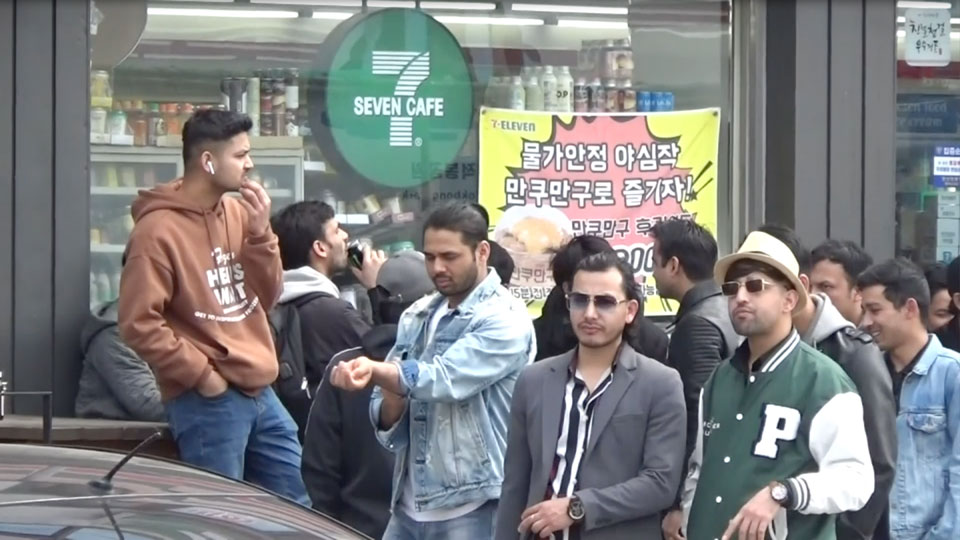
Twenty years ago, South Korea started the current system of accepting foreigners as workers. Their number has risen sharply in the primary sectors of industry and manufacturing, two areas that suffer from serious labor shortages.
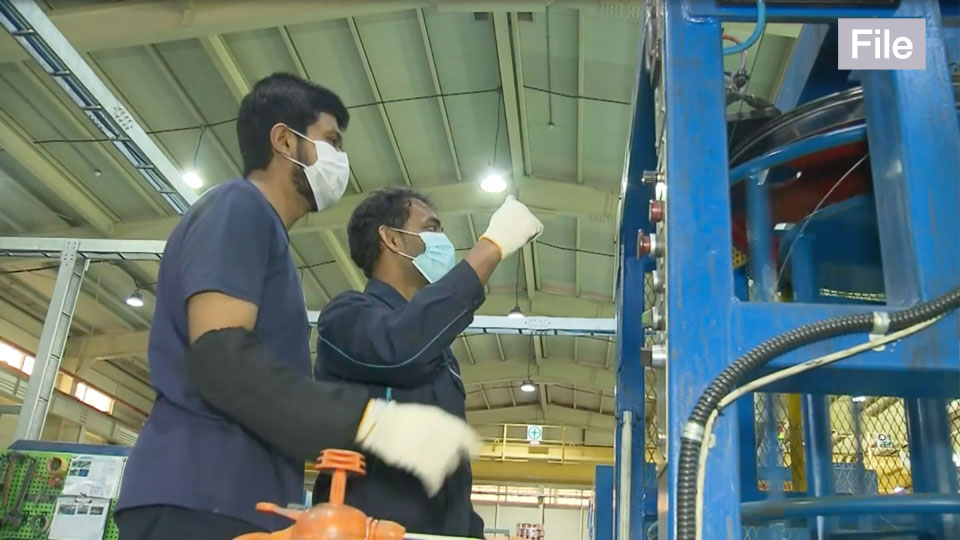
Foreigners are now an indispensable part of the Ansan community. They also have a large impact on local consumption patterns and the city economy.
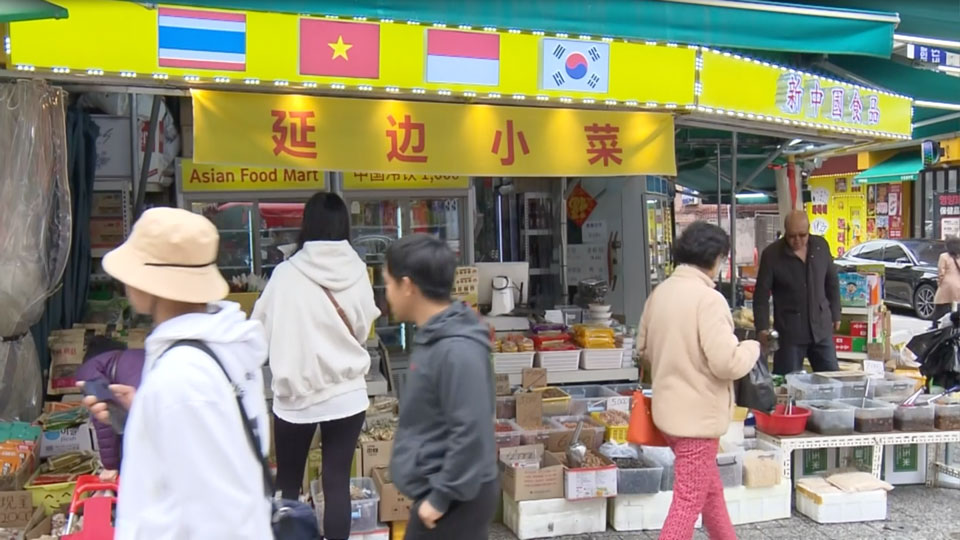
A local greengrocer says, "South Korea's population is declining and we need a source of vitality. The more people from Southeast Asia and other regions come to South Korea, the better it will be for the region's economy."
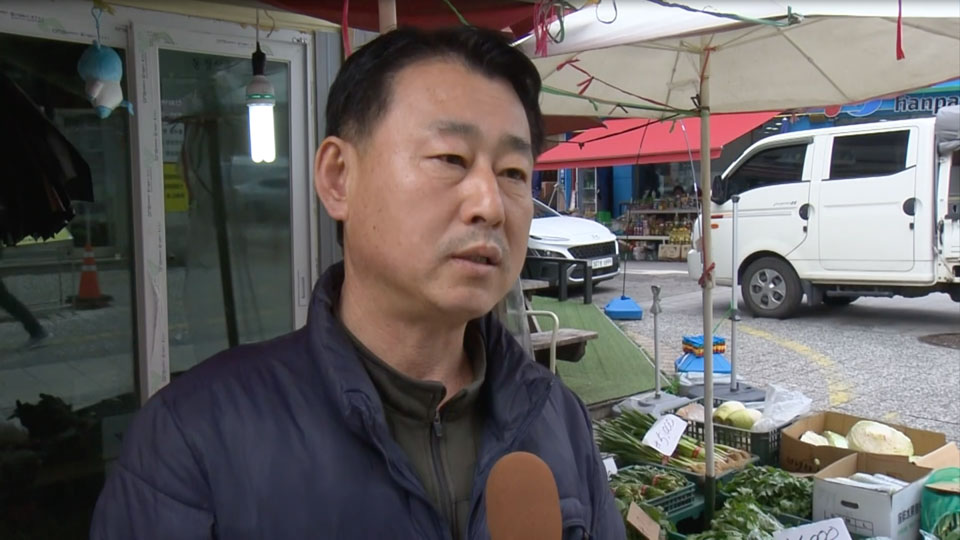
Support system
Ansan City has been a pioneer in providing a counseling and support system for foreign residents. Ten foreign-born counselors provide consultation on work and daily life in 15 languages. They link workers from abroad with the government services they require.
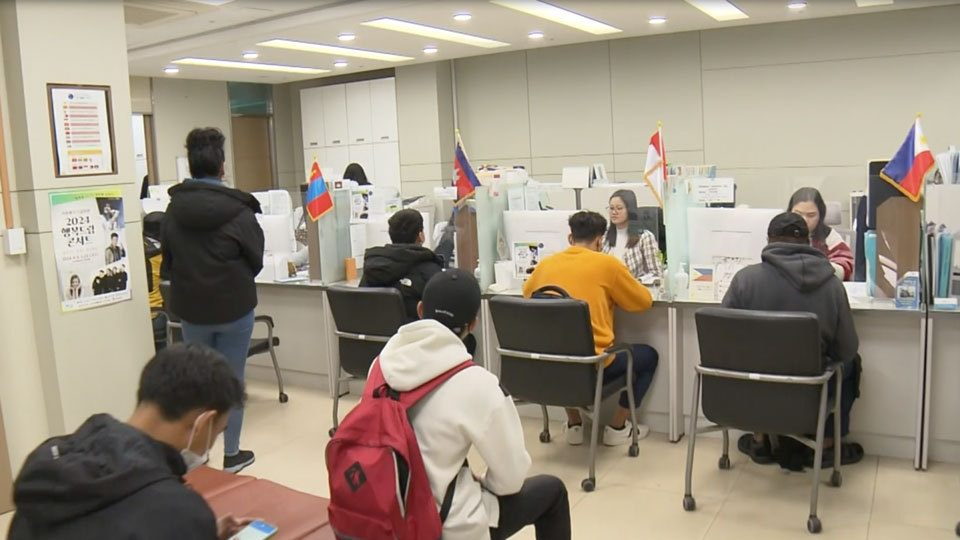
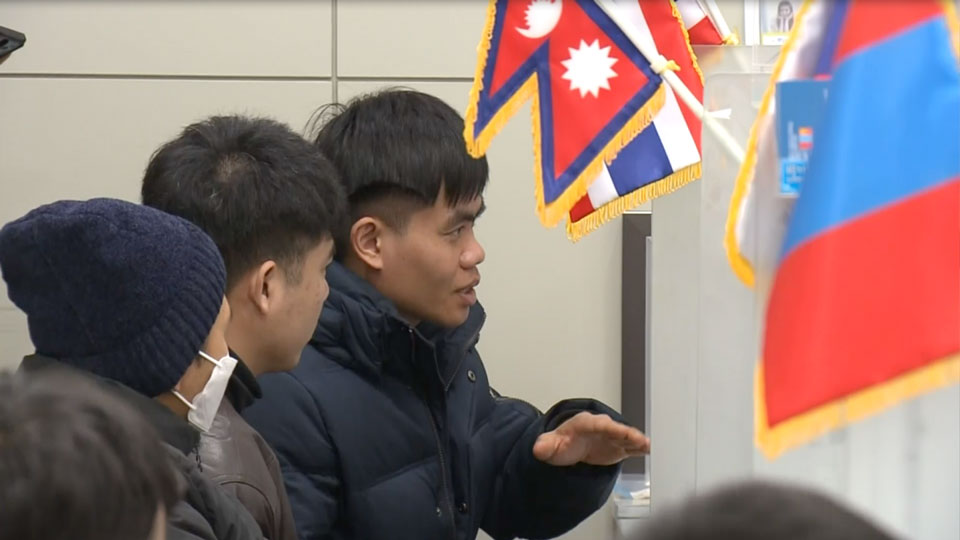
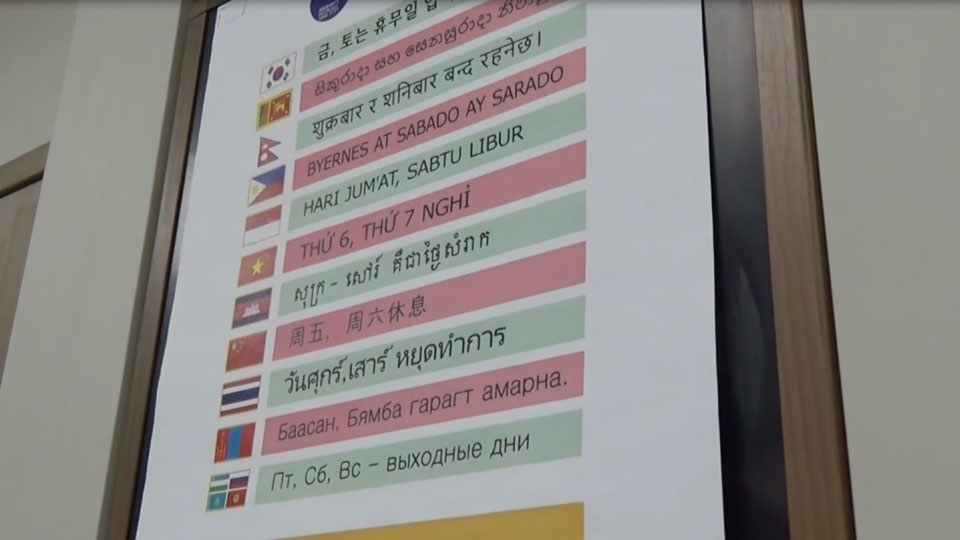
A counselor from Cambodia says, "I have just provided advice regarding a delay in the payment of wages. We try to understand whatever problem a foreign resident is facing and provide the necessary assistance."
The city also provides free Korean-language classes, some of which are offered at weekends when the students are most likely to have time off from work.
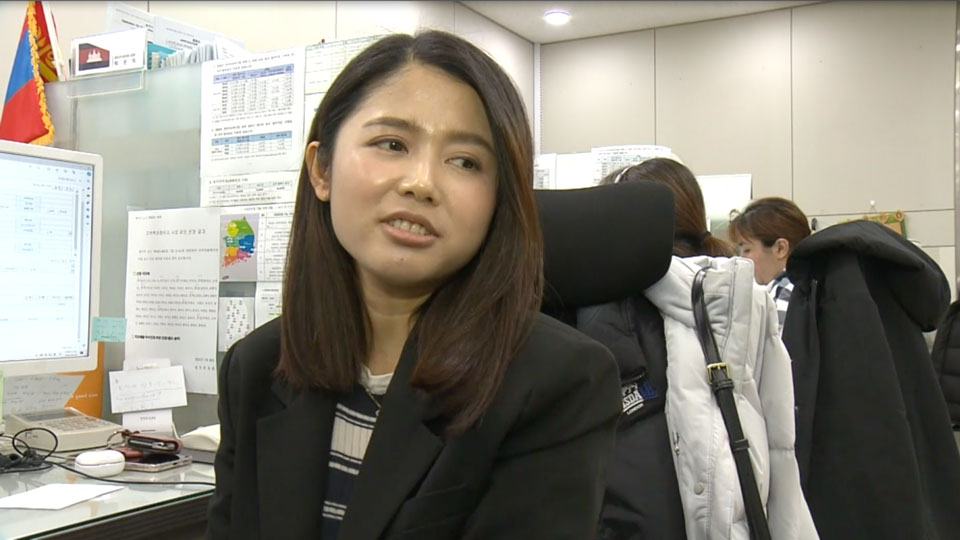
A city official says workers also visit from other areas to get advice. Park Gyeong-hye, Director General of Ansan City's Foreign Resident's Support Headquarters, points out that a national support system is required.
"If a centralized system for foreign workers were created, local governments could provide services to foreign residents in a more systematic manner," she says.
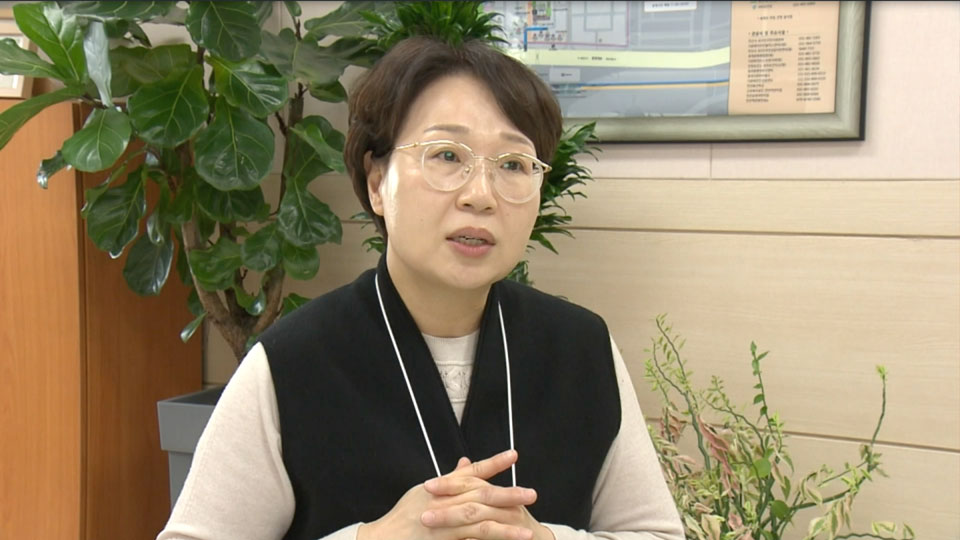
Backlash from locals
While foreigners are in demand and many welcome their presence, some locals are dismayed. In the city of Daegu in the country's southeast, there are plans to build a mosque to replace an apartment currently being used as a place of worship.
Some residents are fiercely opposed, claiming a new mosque would have a negative impact on their livelihoods.
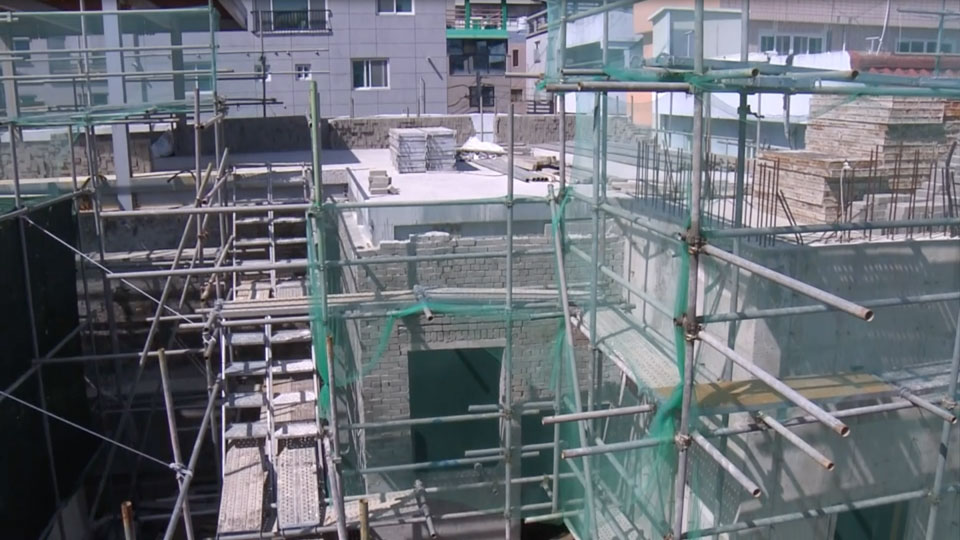
In 2022, they took extreme measures to make a point: barbecuing pork in front of the construction site, and leaving pigs' heads and trotters behind. Pigs are considered an unclean animal under the tenets of Islam and pork is a forbidden food.
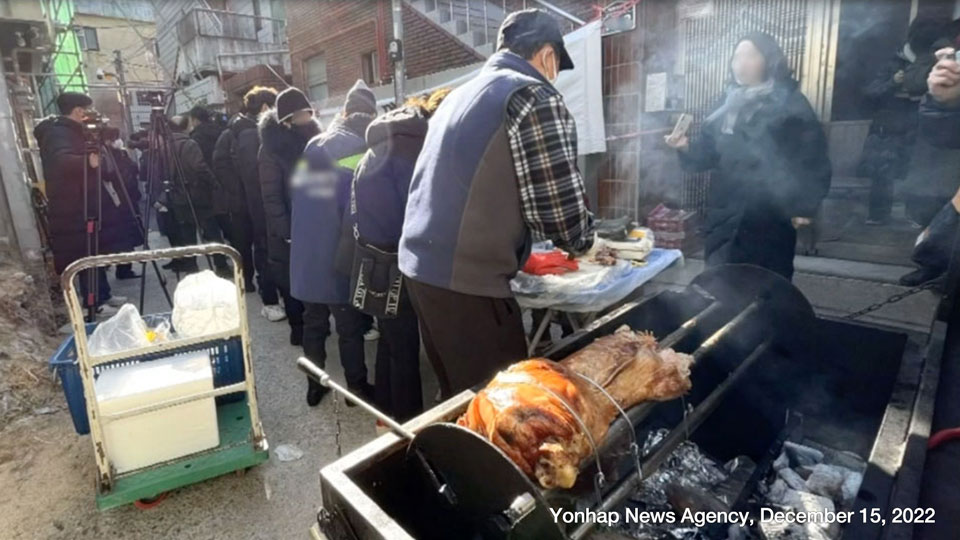
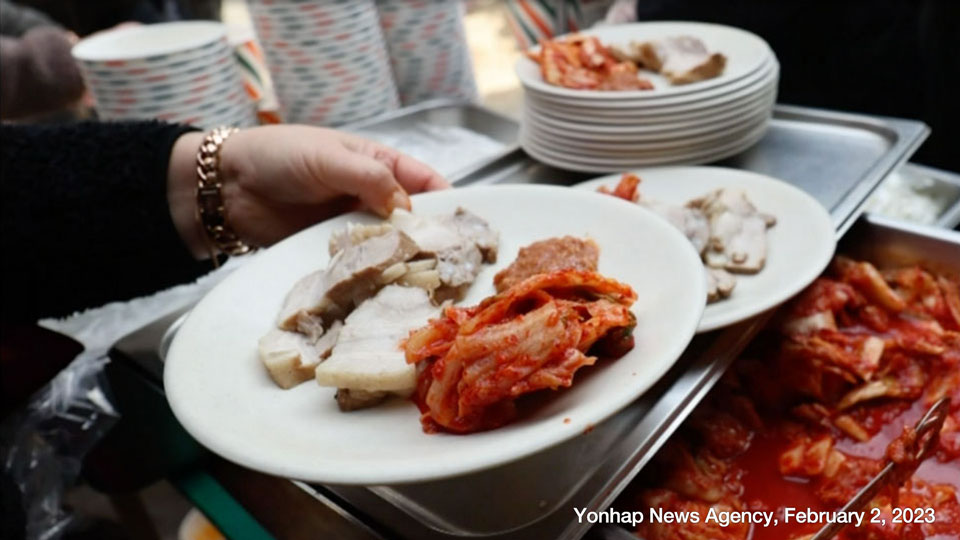
South Korea's National Human Rights Commission expressed deep concern, describing the behavior as "an expression of hate on the basis of religion." The local government has been asked to take action.
"It was actually disappointing for us," says Muaz Razaq, a student from Pakistan who is enrolled in a doctoral course at a national university in Daegu. "We tried to look for another place but the prices were so high and the funds which we had from the students were not that much. If the authorities had played their role, this issue would have been solved a lot earlier."
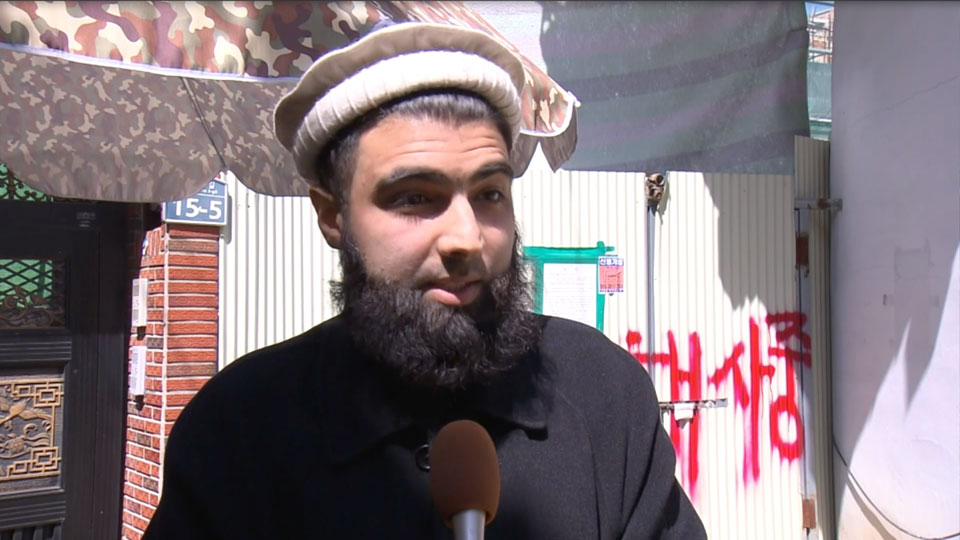
One researcher is calling for policies that promote respect for different customs and cultures.
Jung Dong-jae, research fellow at the Korean Institute of Public Administration, says, "South Korea's government sees the acceptance of foreign workers as a means of solving numerous problems, but we need to discuss how to coexist with them."
